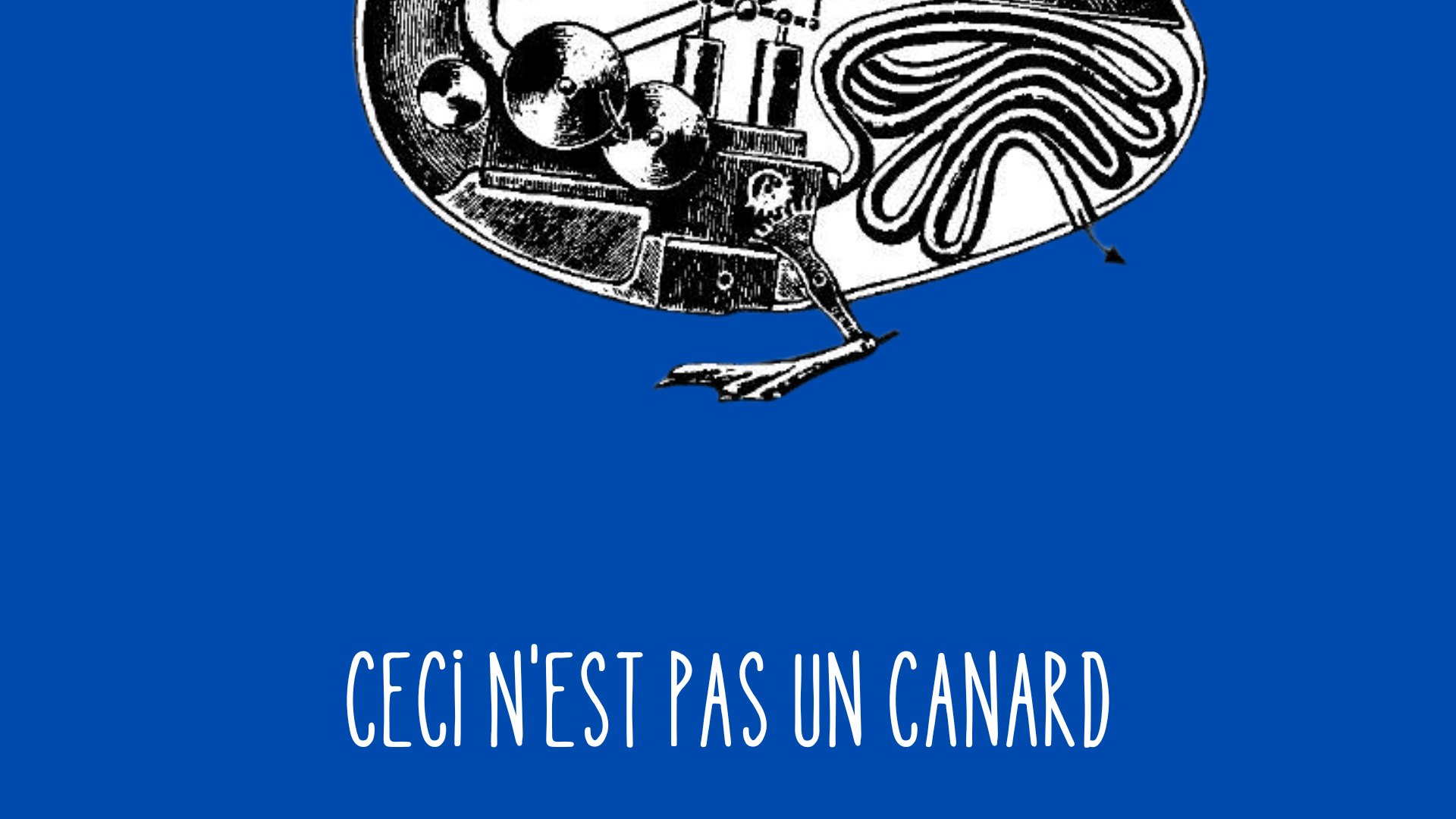
The RobotiCSS Lab promotes research on the role of robotics in cognitive and social sciences from a methodological and epistemological point of view. It is part of the "Riccardo Massa" Department of Human Sciences for Education of the University of Milano-Bicocca.
RESEARCH

Epistemology
We study the philosophical foundations of biorobotics by reconstructing its methods and their conditions of validity.
Learn more

Robo-ethology
We invented robo-ethology and are learning how it can be used to understand robots and foster the acquisition of scientific and epistemological skills.
Learn more

Cognition
Robots are used to stimulate cognition: we study how this can be done in various educational and teaching contexts.
Learn more
PUBLICATIONS
The RobotiCSS team has published research articles in several international Journals, including Philosophy of Science, Synthese, Minds and Machines, Biological Cybernetics, Frontiers in Psychology, Frontiers in Bioinspiration and Biomimetics, IEEE Robotics and Automation Magazine.
TEAM

EDOARDO DATTERI
Lab Director
Full professor at UniMiB, with expertise in Philosophy of Cognitive Science and biorobotics
edoardo.datteri@unimib.it

LUISA ZECCA
Coordinator of the pedagogical research
Full professor at UniMIB, pedagogist, with expertise on didactics and collaborative learning
luisa.zecca@unimib.it

GILDA BOZZI
Lab Manager
Trainer and educator, with expertise on educational robotics and child-robot interaction
gilda.bozzi@unimib.it
PUBLIC ENGAGEMENT
The RobotiCSS Lab carries out activities for the dissemination of scientific knowledge and the promotion of scientific reasoning, in partnership with the Yunik association.

Workshops
The RobotiCSS Lab organizes educational robotics activities in schools, designed in close cooperation with UniMIB pedagogists, relying on the Lab's expertise in cognitive science and child-robot interaction.

Training Courses
More than 400 teachers have been trained by the Roboticss Lab on various subjects, including educational robotics and the foundations of scientific reasoning.

Dissemination
Alla Scoperta degli Animali Robotici ("Discovering Robotic Animals") is a national project aiming at promoting scientific reasoning skills in young and adults.

Festival
The RobotiCSS Lab participates in several scientific dissemination initiatives, including La Notte dei Ricercatori, Festival della robotica, Bergamo Scienza.
CODERBOT
Invented by Roberto Previtera and adopted by the University of Milano-Bicocca in 2017. It is a mobile robot endowed with a camera and proximity sensors, fully programmable in Blockly and Python. Its sensory, motor and information-processing abilities can be easily extended, making it an ideal solution for research on human-robot interaction. It is constantly under development by the Lab team, in close collaboration with Roberto Previtera, Prof. Leonardo Mariani (Department of System Informatics and Communication, UniMIB), and the Lab's pedagogists.
Are you interested in the RobotiCSS Lab activities?
Teachers and educators trained
Participants in our public initiatives
Public Events
HOW TO ACCESS THE LAB
Students, researchers, and administrative staff of the University of Milano-Bicocca can access the lab ONLY after having obtained written authorization by the Lab Director (Prof. Edoardo Datteri) or the Lab Manager (Gilda Bozzi). Please write to roboticss@unimib.it specifying when and why you would like to access the lab.
Remember that
- unauthorized persons are not allowed to enter the laboratory;
- you will be held responsible for every damage or inconvenient occurring while you are in the Lab;
- you must never leave the laboratory unattended;
- the Lab's key must be given back to the U16 reception staff whenever you leave the Lab.
- before leaving the Lab, you must ensure that you turned off all the power sockets and closed the windows.
If you want to use some piece of equipment outside the Lab, you must obtain written, formal authorization by the Department of Human Sciences for Education of the UniMIB. Please write to roboticss@unimib.it specifying (a) the material you intend to use, (b) the nature of the activities you intend to carry on, and (c) the period in which you want to use the equipment.
